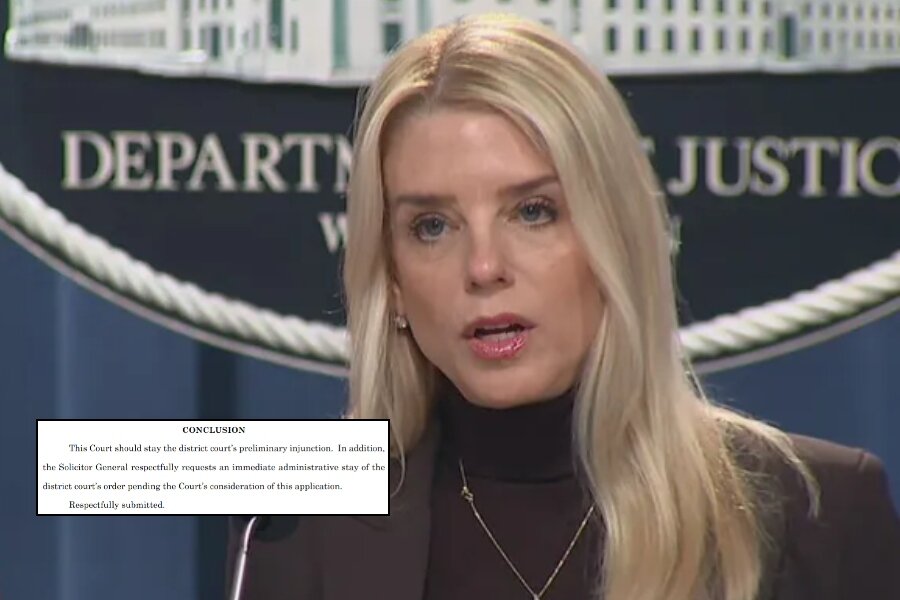The Department of Justice (DOJ) urged the Supreme Court on July 24 to allow the National Institutes of Health (NIH) to move forward with the cancellation of research grants linked to diversity, equity, and inclusion (DEI) initiatives.
In an emergency application filed with the court, the DOJ asked the justices to block a June ruling by Boston-based District Court Judge William Young, which found the cancellation was unlawful and ordered the government to restore the funding.
“The district court’s order directs the NIH to continue paying $783 million in federal grants that are undisputedly counter to the Administration’s priorities,” the DOJ wrote in the filing.
“Following the change in Administration, the NIH identified, explained, and pursued new funding priorities. That is democracy at work, not, as the district court thought, proof of inappropriate ‘partisan[ship]’—let alone a permissible basis for setting agency action aside.”
The NIH is the world’s largest government funder of biomedical research.
The emergency application stems from two lawsuits challenging the cuts to grants involving DEI, “transgender issues,” and “vaccine hesitancy,” and other issues.
One complaint was filed in April by the American Public Health Association, individual researchers, and other plaintiffs, who described the cuts as an “ongoing ideological purge” of projects with a purported connection to gender identity, DEI, or “other vague, now-forbidden language.”
The lawsuit accused the agency of violating the Administrative Procedure Act (APA) by acting arbitrarily and without justification, and failing to provide scientific reasoning or follow proper procedures.
The second complaint was filed in April by a coalition of 16 attorneys general, most of them Democrats, who alleged their public research institutions have experienced significant harm as a result of the federal government’s delays and terminations.
In his ruling in June invalidating the grant terminations, Young wrote that the Trump administration’s conduct represents “racial discrimination and discrimination against America’s LGBTQ community,” according to a statement released by the attorneys general announcing the ruling.
Young struck down both the termination of the grants and the underlying executive orders under the Administrative Procedure Act, according to the statement.
In response to June/s ruling, the Department of Health and Human Services (HHS), which oversees the NIH, said in a statement that it had planned to appeal; however, the Boston-based First U.S. Circuit Court of Appeals on July 18 denied the government’s request to stay Young’s decision.
The administration had argued that the ruling in the case should have been dealt with in a different judicial body, the Court of Federal Claims.
Share your thoughts by scrolling down to leave a comment.













